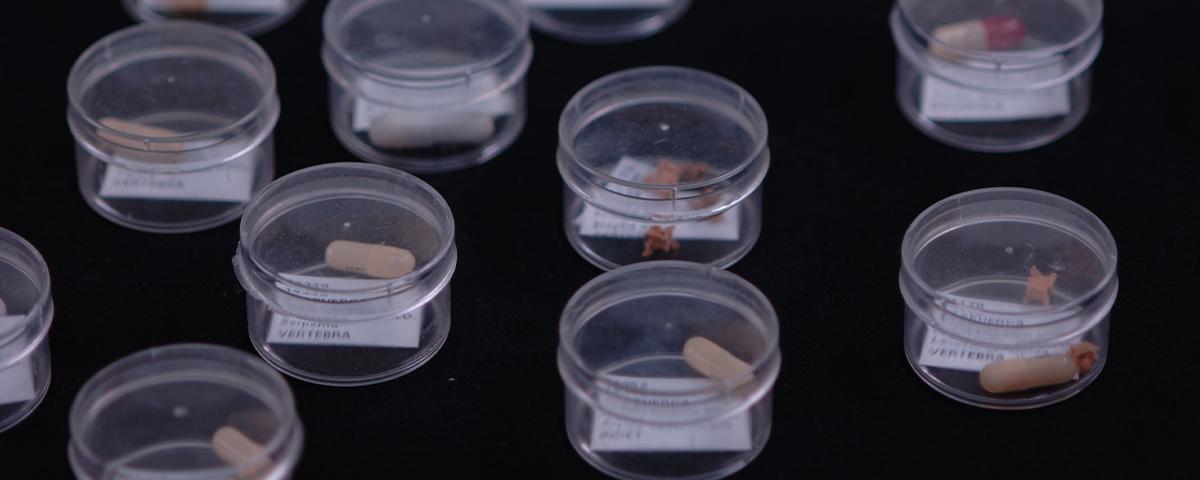The main objective of the Paleobiology Program is to discover the biological characteristics of early hominids. The Program includes characterization of recent populations and those of other fossil and extant primates, to serve as a fundamental reference for knowledge about the ancestors of members of the family Hominidae. The Program covers areas such as paleoecology, paleophysiology, biomechanics, paleodemography, paleodiets, paleoethology, paleogenetics, paleohistology, paleoneurology, paleopathology, and other aspects of the biology of past populations, as well as the morphological description of fossils and assessment of possible taxonomic and phylogenetic assignment. Genetic variability and its relationship to the dental phenotype is also explored.
Paleobiology
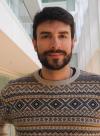
Researcher: Paleoecology and human-environment interactions
Ramón y Cajal MICINN Program. Call 2021.
Image


Project Technician
ERC-2021-ADG Tied2Teeth Project
Image
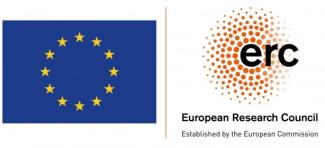

Postdoctoral Researcher in Spatial Analysis
ERC-2020-STG DEATHREVOL Project
Image


Ad Honorem Member
Atapuerca Project PI

Postdoctoral Research: Paleoproteomics
CENIEH
Image

Image
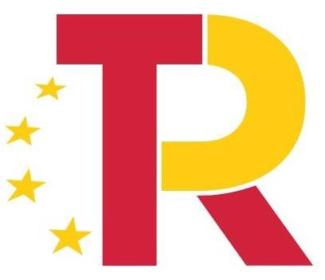

Project Technician
ERC-2021-ADG TIED2TEETH Project
Image
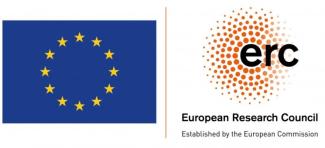

Pre-doctoral researcher of Fundación Atapuerca - CENIEH
Fundación Atapuerca-CENIEH
Image


Affiliated researcher: Paleobiology Program
Universidad Autónoma de Madrid

Research: Dental Anthropology
ERC-2021-ADG TIED2TEETH Project
Image
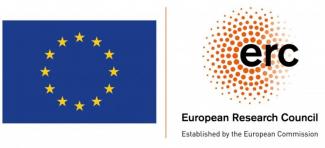

Researcher
Project 101060482 – BITE – HORIZON – MSCA-2021-PF-01
Image
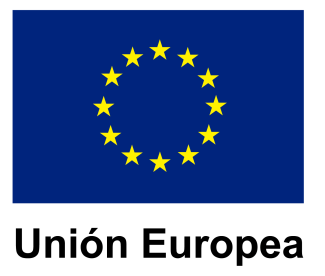

Postdoctoral researcher - Curator of Ratón Pérez Collection
ERC-2021-ADG TIED2TEETH Project
Image

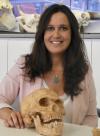
Director
CENIEH
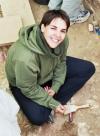
Researcher: Paleophisiology and Ecology of Hominins.
CENIEH

Postdoctoral researcher
ERC-2021-ADG TIED-TEETH Project
Image
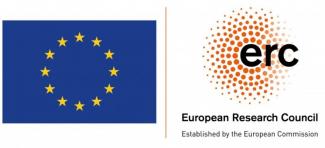

Affiliated researcher. Paleobiology Program
Universidad Complutense de Madrid

Virtual Paleonthology Technician
ERC-2020-STG DEATHREVOL Project
Image
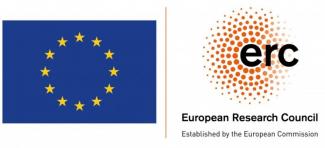

Researcher - Curator
CENIEH
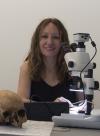
Researcher ERC-2020-STG DEATHREVOL Project
ERC-2020-STG DEATHREVOL Project and Ramón y Cajal MICINN Program. Call 2020.
Image
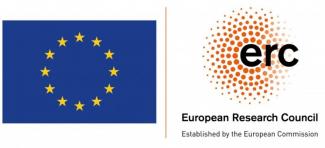
Image

Image

Image
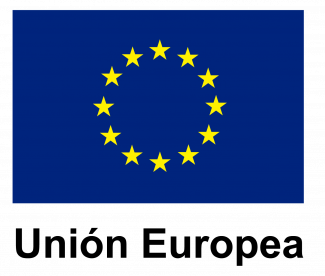

Paleoproteomic Laboratory Technician
CENIEH

Predoctoral researcher
ERC-2020-STG DEATHREVOL Project
Image


Predoctoral Researcher
ERC-2021-ADG TIED2TEETH Project
Image
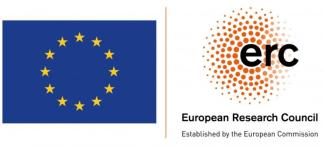

Assigned Researcher to CENIEH
Universidad de Burgos

Postdoctoral researcher
Proyecto ERC-201-ADG TIED2TEETH

